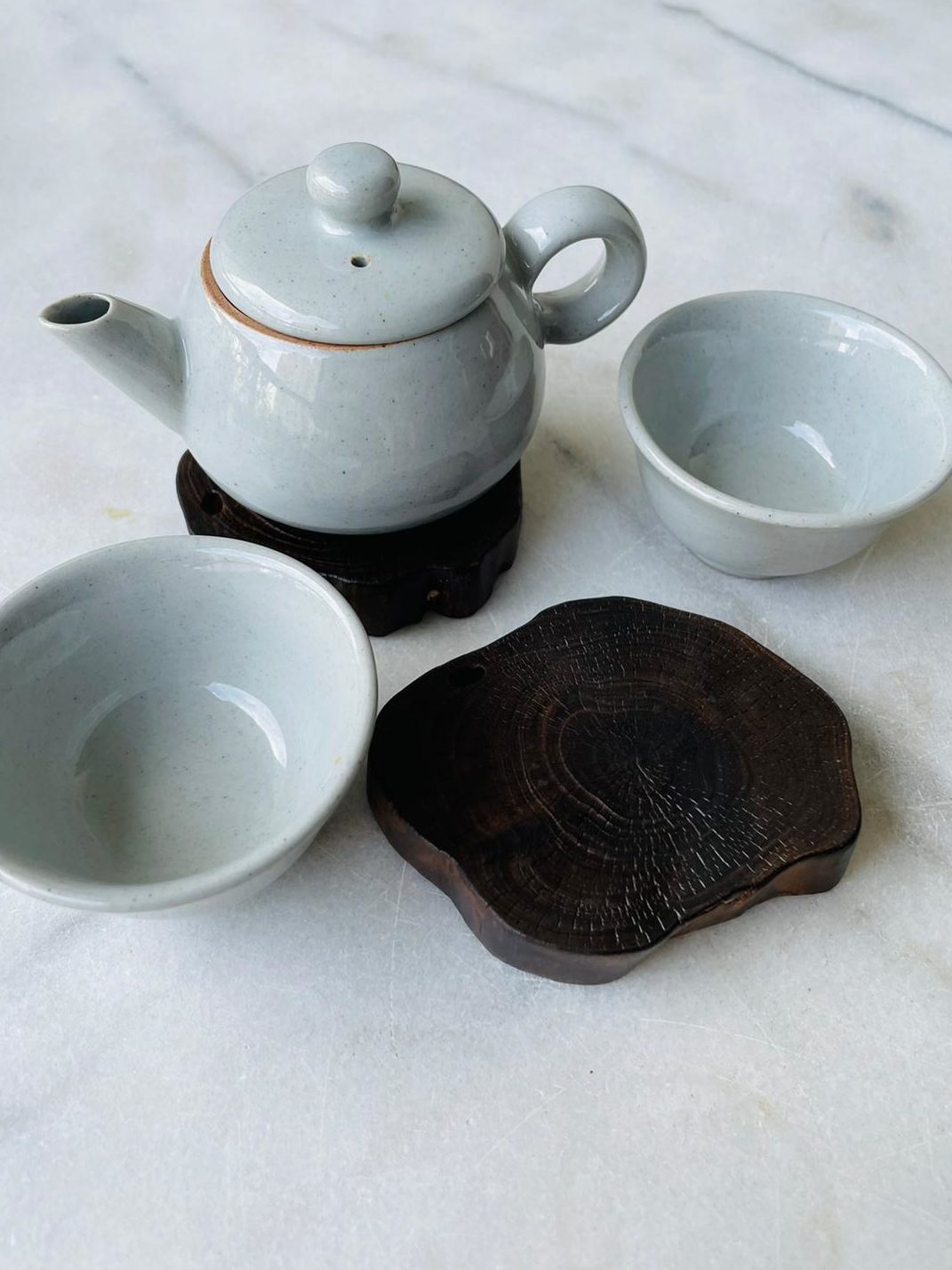SIMC manages mediations around the world. In this throwback to a cross-cultural mediation in Seoul, the US and Korean parties resolved their dispute with the assistance of a Singapore mediator and SIMC. The settlement that arrived at the stroke of midnight ended their long-standing joint venture – a Vietnam factory – but on their own terms that ensured the employees kept their jobs.
No storm in a teacup
Mediations usually start with a joint session. In this case between a Korean and an American party, the mediation in Seoul began with a tea break.
The dispute concerned a joint venture company in Vietnam, where a commodities-making factory had been running for about a decade. But the business had not taken off as envisaged. Over time, the parties started accusing each other of breaching the terms of their Shareholders’ Agreement.
Aware that the parties were steeped in conflict, the Singapore mediator brought a tea set to the mediation and proceeded to brew tea – a symbol of welcome in Asia – for all the participants.
The tea lived up to its status as the universal drink, lifting the mood in the room. The parties started to discuss the issues candidly, with some issues aired for the first time.

Midnight Settlement
As the day wore on, the mediator helped the parties to move beyond their entrenched positions. He pointed out that even if they saw the dispute to its bitter end, the parties would still remain shareholders no matter who prevailed.
This recognition allowed the parties to arrive at a settlement on their own terms and that allowed a clean break.
Under the settlement agreement, the American party committed to buying the Korean party’s shares. The purchase price was modified to reflect the fact that the Korean party would be retaining some of the factory’s clients. The American party also agreed to retain the staff – this was important to the Korean party, who did not want to see the employees being let go.
Such terms would have been difficult to achieve through adjudicative proceedings, which would have lasted for much longer and among other things, perpetuate the uncertainty among the factory’s employees.
Through the mediation, the parties reached settlement within a day – they put pen to paper as the clock struck twelve.
End-to-End Management
Behind the scenes, SIMC had been planning the mediation in consultation with the mediator and the parties.
SIMC’s institutional partnerships and international panels ensured that the parties’ preferences were met and the potential for resolution maximised.
SIMC arranged for the mediation to be held at the premises of KCAB International, an international partner. The parties had a choice of selecting their mediator from SIMC’s international panel of 70 mediators from 17 jurisdictions. The Singapore mediator was appointed because he was familiar with both cultures but was from neither country.
In the run-up to the mediation session and on the day itself, SIMC dedicated a case manager to support the mediator and the parties at every step of the way, from Singapore to Seoul.
In the end, mediation turned out to be the parties’ cup of tea.
